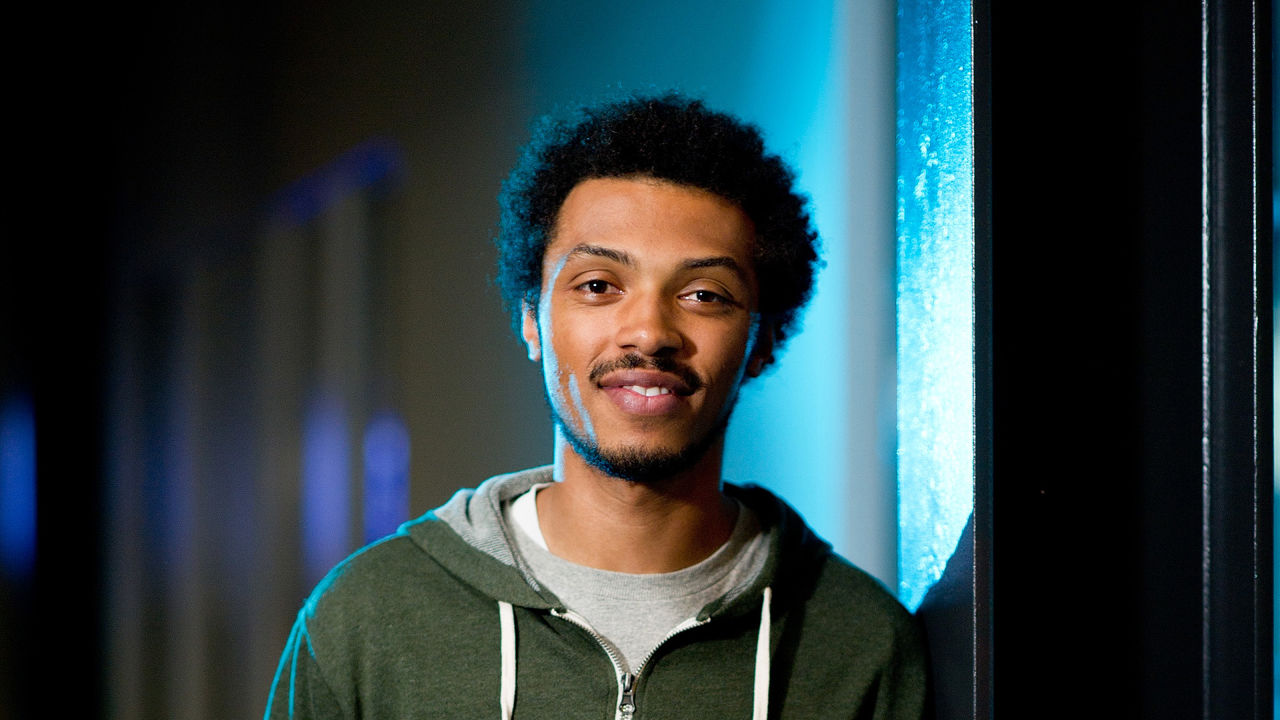Aston Motes: Speaks on Diversity in Technology
Aston Motes is an accomplished Computer Engineer, who for the past two years has been working as the Chief Software Architect for Merchbar. A startup company that deals in connecting music fans to merchandises that are not easy to come by, from their favorite artists.
But what many people remember Aston Motes for, is that he was the first Dropbox’s employee, founded by Drew Houston and Arash Ferdowsi. Motes was very instrumental in helping the co-founders grow Dropbox from just another Y Combinator startup, to the giant file hosting site it is today.
Motes worked with Dropbox for four-and-a-half year, then later left on good terms to go start his own startup at the Y Combinator. His startup dubbed Assorted Bits didn’t take-off as well as he had hoped it would, and that is when he decided to jump ship to an activity that is more in-line with his greatest passion, music. And that is the short story version of how Motes ended up as the Chief Software Architect for Merchbar.
Motes made it to our Cool Tech jobs section on Innov8tiv after a very insightful interview he did with FastCompany. He shared his story on his journey to the Silicon Valley with regards to the positive impacts of diversity and the missed growth opportunities due to lack of it. The following is a snippet of Motes interview with FastCompany.com:
Motes attribute his initial interest in computers being sparked off by his dad. It is through is dad that he got exposure to personal computers and database. Then later in middle school his circle of friends revolved around individuals who found interest in designing web pages.
When it came to college, Motes had to pick between Caltech and MIT. The reason for dropping Caltech for MIT as he put it, “Caltech’s a meritocracy. Everyone’s here because they’re smart enough to be here. And we really don’t see race, right?” What attracted him most to MIT was the diversity the college has to offer.
Motes explains, “When I went to MIT the story was totally different…when I was visiting, was with Latino student groups, with black student groups, with fraternities and sororities and student living groups that all had these pieces of culture that they really dug in on. And MIT lets you choose which of those communities you end up at… I love this idea that you could, just as a support network, have these people around who you felt like, culturally, you fit in with. And those cultures are not always race-based.”
Motes went further to talk about his experience at the Silicon Valley, also with regards to diversity. He admits that a lot of people, regardless of their race, gender or background have a lot of interest in being part of this great technology world. One great thing about Silicon Valley, as Motes, puts it; it creates an environment for someone who virtually has no experience in managing an organization to be able to run it successful.
In order to do that, one would require to hire good people from around your circle of friends or networks with whom you’ve interacted with, and already know what they can bring to the table. The only problem with this arrangement is that if your circle of friends and the networks you are in, does not comprise of diversity. Then you automatically set your organization up for not having diversity, since the pool from which you source your associates did not have diversity.
The result is that you find people in an organization being from the same background advocating avoiding having conflicts within their organization. This would then perpetuate an endless cycle of people working with people they already know who are probably people from their same background, leading to most organization not having diversity.
Motes said, “Dropbox, I used to joke, was an equal opportunity company only because we just happened to get a super, super diverse early crew. And I don’t know if we went out and intentionally did it at all, but it just happened to be that by hiring a bunch of MIT engineers who we had had classes with, had worked with on projects, we got a very diverse group of people.”
You can read more on the Motes interview with FastCompany by following this link.





